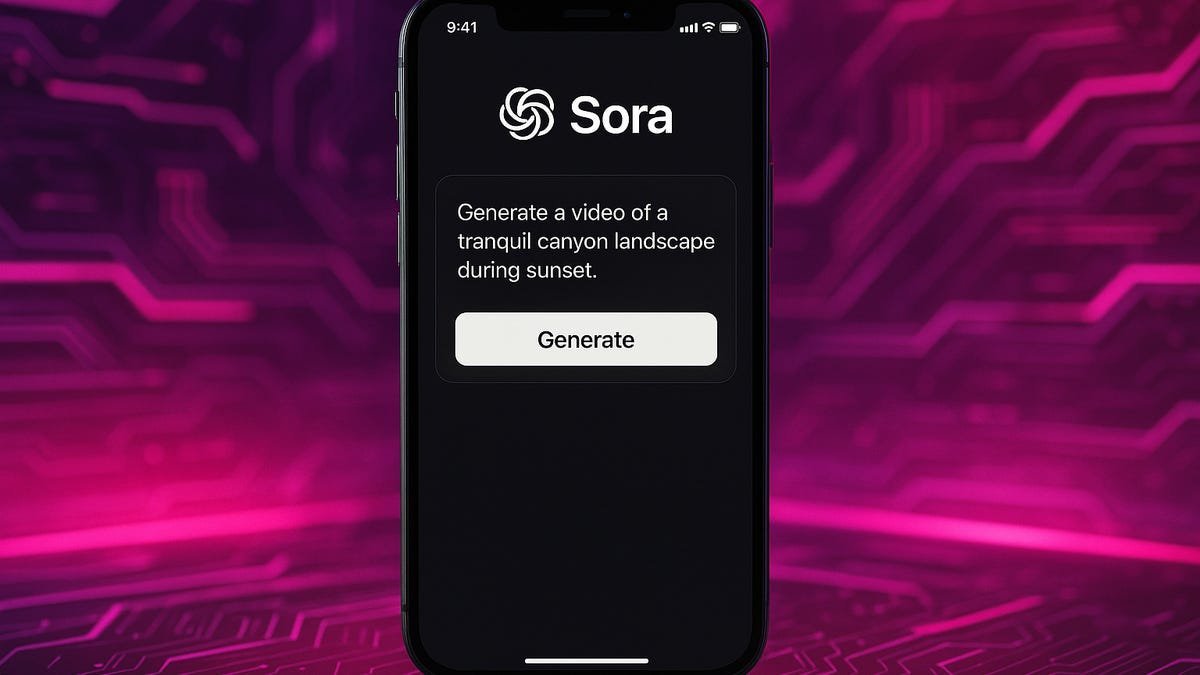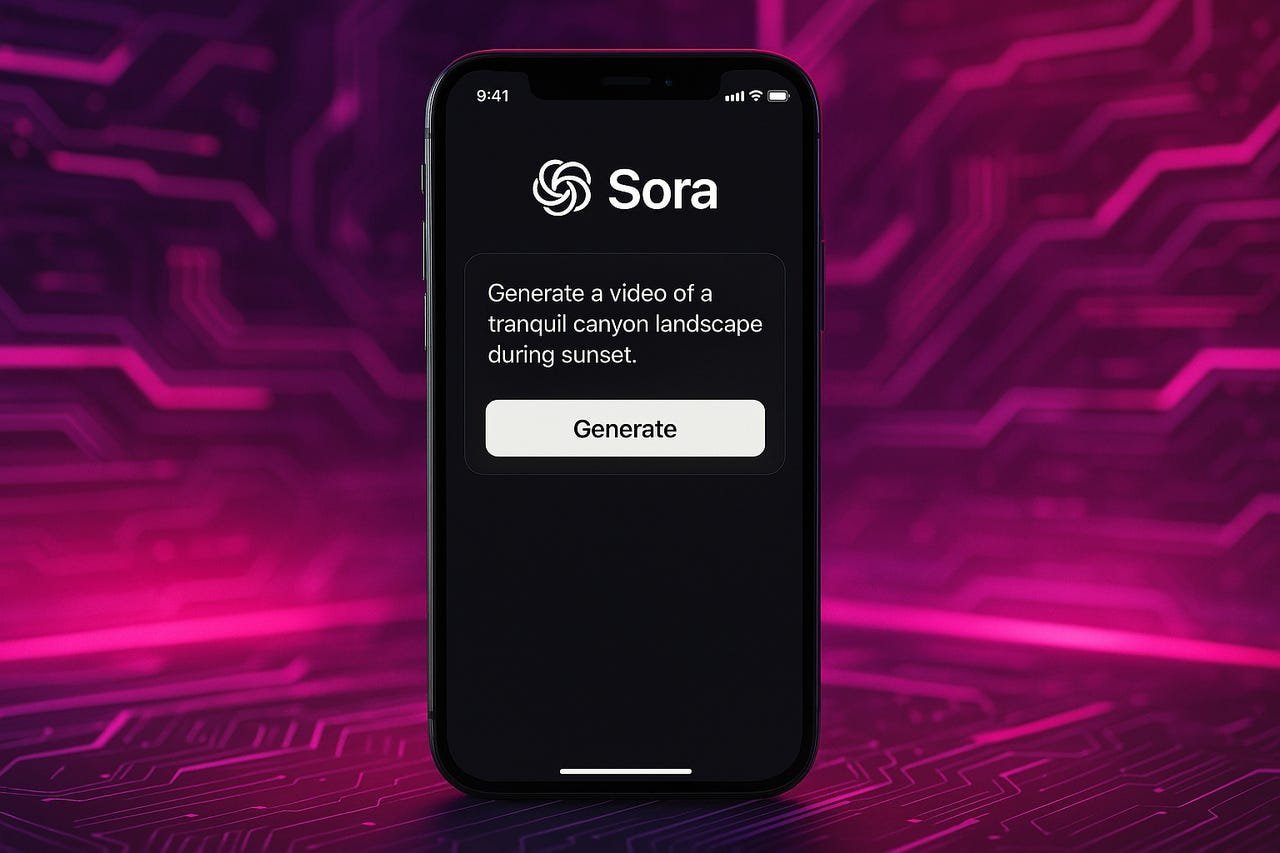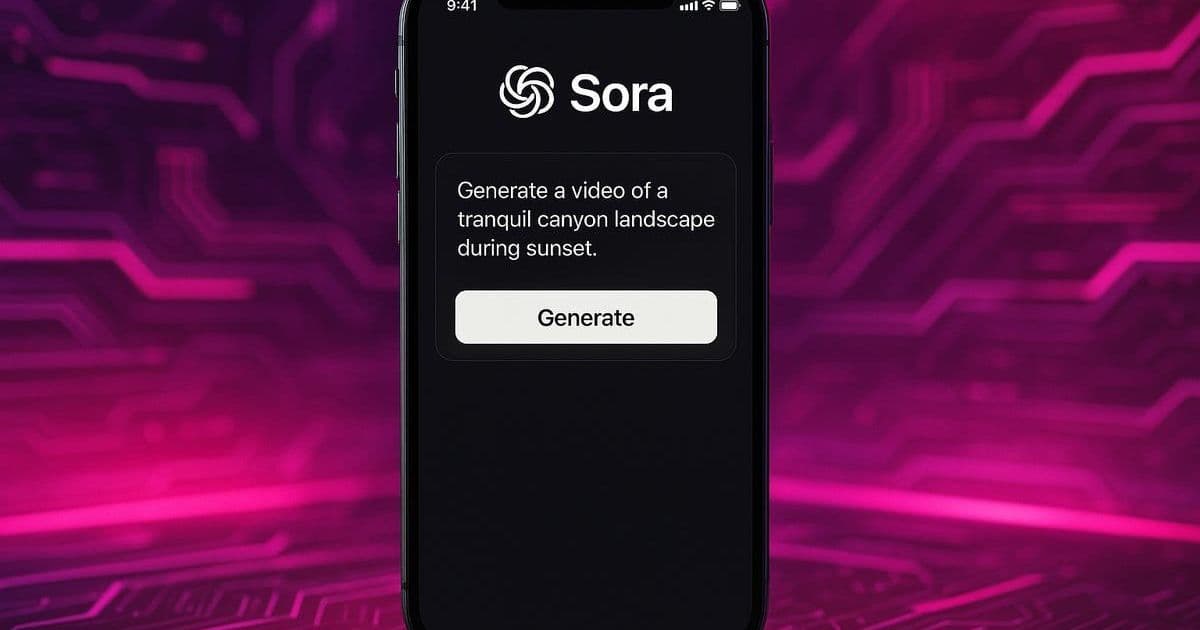OpenAI's Sora 2 app has surged to number one on Apple's App Store, showcasing groundbreaking text-to-video AI capabilities that let users create personalized, shareable clips with audio. However, its invite-only rollout has sparked a desperate scramble for access codes on platforms like Discord and Reddit, underscoring the massive demand for next-generation generative tools. This frenzy highlights both the rapid evolution of AI video technology and the challenges of democratizing cutting-edge in
The Sora 2 Surge: How OpenAI's Video Generator Sparked an App Store Frenzy

In a stunning display of AI's consumer appeal, OpenAI's Sora 2 app has rocketed to the top of Apple's US App Store just days after its September 30 iOS debut. The app, which transforms text prompts into dynamic short videos complete with synchronized audio and customizable styles—from cinematic to surreal—represents a quantum leap in generative media. Yet, its meteoric rise is shadowed by an intense battle for access, as the invite-only model has users begging, borrowing, and even scheming for entry codes across social platforms. This isn't just an app launch; it's a cultural moment revealing the hunger for AI that blurs the line between imagination and reality.
Under the Hood: Sora 2's Technical Leap
Built on OpenAI's new Sora 2 model, the app significantly outpaces its predecessor, which debuted in late 2024. The upgrade isn't incremental—OpenAI likens it to the jump from GPT-1 to GPT-3.5, emphasizing enhanced capabilities for complex tasks. Users can now:
- Generate videos with human speech and sound effects that perfectly sync with visual elements.
- Insert real people, including themselves or friends, into fantastical or realistic scenarios.
- Fine-tune outputs using storyboard-like controls, empowering creators to direct scenes with precision.
The underlying model tackles challenges like temporal consistency and physics simulation more adeptly, reducing the 'uncanny valley' effect that plagued earlier video AI. As one Reddit user experimenting with a leaked invite code noted: "It's eerie how natural the lip-syncing feels—like directing a mini-movie with words alone."
 Image: Sabrina Ortiz/ZDNET via ChatGPT
Image: Sabrina Ortiz/ZDNET via ChatGPT
The Invite-Only Gold Rush
Despite its #1 ranking, Sora 2 remains gated, with access requiring elusive invitation codes. OpenAI's phased rollout started in the US and Canada, promising swift global expansion, but demand has wildly outpaced supply. The result? A digital feeding frenzy:
- Discord and Reddit communities are flooded with requests, trades, and even scams for valid codes.
- Compute constraints force OpenAI to limit initial free usage, though they've pledged "generous" allowances to foster exploration.
- ChatGPT Pro subscribers will soon gain exclusive access to Sora 2 Pro—a higher-quality tier—via the app and web, hinting at a future subscription model.
This scarcity isn't accidental; it mirrors OpenAI's strategy with earlier tools like DALL-E, using controlled releases to manage server loads and ethical concerns. Yet, it also risks alienating eager adopters, as frustration mounts over the digital divide between the 'haves' and 'have-nots.'
Why This Matters Beyond the Hype
Sora 2's success signals a pivotal shift: generative AI is moving from static images and text to dynamic, multisensory experiences. For developers and creators, it opens doors to rapid prototyping of animations, ads, or educational content—but it also raises urgent questions. How will copyright handle AI-remixed videos? Can OpenAI mitigate deepfake risks when users insert real people into fabricated scenes? The company's ongoing legal battles, including a copyright lawsuit from ZDNET's parent company, underscore these tensions.
As the frenzy continues, Sora 2's real triumph may be its proof that AI video is no longer a niche toy but a mainstream tool. The scramble for access codes isn't just FOMO; it's a testament to technology's power to captivate and transform creation itself. For now, the message is clear: the future of video is generative, and everyone wants a front-row seat—if they can get the ticket.
Source: Based on reporting by Lance Whitney for ZDNET, October 6, 2025.

Comments
Please log in or register to join the discussion